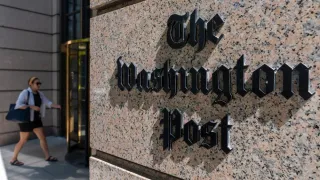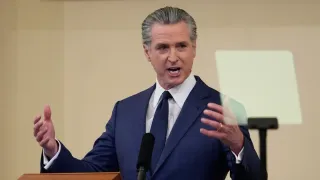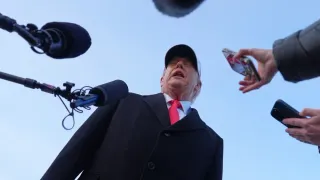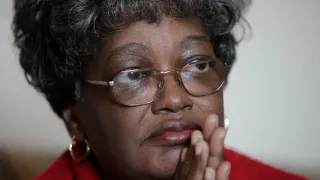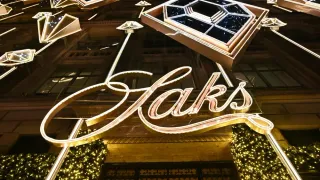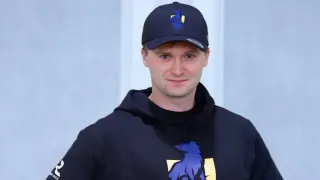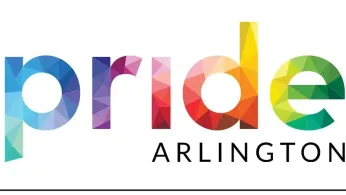
Jan 1
Arlington Pride 2026 Suspended After City Council Repeals LGBTQ+ Protections
READ TIME: 3 MIN.
Arlington’s largest LGBTQ+ celebration will not return in 2026 after organizers announced they are suspending the city’s Pride events in response to the repeal of local LGBTQ+ nondiscrimination protections. The move follows a closely watched Arlington City Council decision not to reinstate a local civil rights ordinance that had explicitly protected LGBTQ+ residents and others from discrimination.
The nonprofit behind Arlington Pride, described as a local LGBTQ+ health and community organization, said it could not “in good conscience” invite tens of thousands of people to an event in a city that no longer guarantees basic protections in areas such as public accommodations and city services. According to organizers, the 2026 suspension covers major Pride festivities that in recent years have grown into one of the largest queer celebrations in North Texas.
Arlington adopted a local nondiscrimination ordinance in 2021 that explicitly protected LGBTQ+ people, among other groups, from discrimination in city employment, housing, and public-facing services. The ordinance drew support from local advocates who argued that clear, local protections are essential for transgender people, gay men, lesbians, bisexual people, and others who continue to face discrimination despite broader legal advances.
In late 2025, the council revisited the measure amid questions about its relationship to state and federal law and concerns cited by some city leaders about potential impacts on federal funding. After debate and public comment, the council voted against reinstating the ordinance, effectively removing the city-level protections that had been adopted four years earlier.
Officials who opposed reinstatement argued existing federal and state laws already prohibit many forms of discrimination, contending that additional local protections were unnecessary and could complicate legal compliance. During the council meeting, supporters of the ordinance, including LGBTQ+ residents and allies, testified that explicit local language provides clarity, accountability, and reassurance in daily life—particularly for transgender people and queer youth.
Following the council’s vote, the organization overseeing Arlington Pride and operating a local LGBTQ+ health center issued a public statement suspending all 2026 Pride festivities. In the statement, leaders said, “We cannot in good conscience invite attendees to an event in a city that refuses to provide even the most basic protections,” emphasizing that the safety and dignity of LGBTQ+ participants, families, and allies must be at the center of any Pride celebration.
The annual Arlington Pride event has drawn more than 30,000 attendees over its first three years, positioning it as one of the largest LGBTQ+ celebrations in North Texas and a significant cultural and economic event for the city. Organizers and local advocates have framed Pride not only as a festival but as an affirming space for LGBTQ+ people to be visible, connect with resources, and celebrate their identities.
Arlington Mayor Jim Ross said in a local television interview that the city remains “safe and inclusive,” asserting that the character of the community does not depend on the presence or absence of a specific nondiscrimination ordinance. City leaders who supported the council’s decision stated that they believe federal protections are sufficient and that there have been no documented cases showing systemic discrimination in Arlington under previous law.
LGBTQ+ advocates and civil rights organizations, however, have expressed concern that removing explicit local protections sends a symbolic and practical signal that discrimination will be harder to challenge. Legal and advocacy groups argue that when cities adopt clear nondiscrimination measures, transgender people, nonbinary residents, and other LGBTQ+ community members have more confidence in seeking redress when they are denied services, harassed, or excluded.
Community members have also raised worries about the loss of Arlington Pride as a regional gathering point. In recent years, the event has served as a hub for health screenings, voter registration, and connections to local LGBTQ+ organizations, including groups centering queer youth, transgender people, and people of color. The suspension may push some residents to seek affirming spaces in neighboring cities with stronger local protections or more visible Pride infrastructures.
National advocacy groups have situationally highlighted Arlington alongside other municipalities where local LGBTQ+ protections have been rolled back or blocked, saying these changes reflect broader tensions between state-level policies and local efforts to create inclusive environments. While organizers have left open the possibility of future Arlington Pride events if conditions change, they have stressed that any return will depend on a policy environment that clearly affirms the equality and safety of LGBTQ+ residents and visitors.
